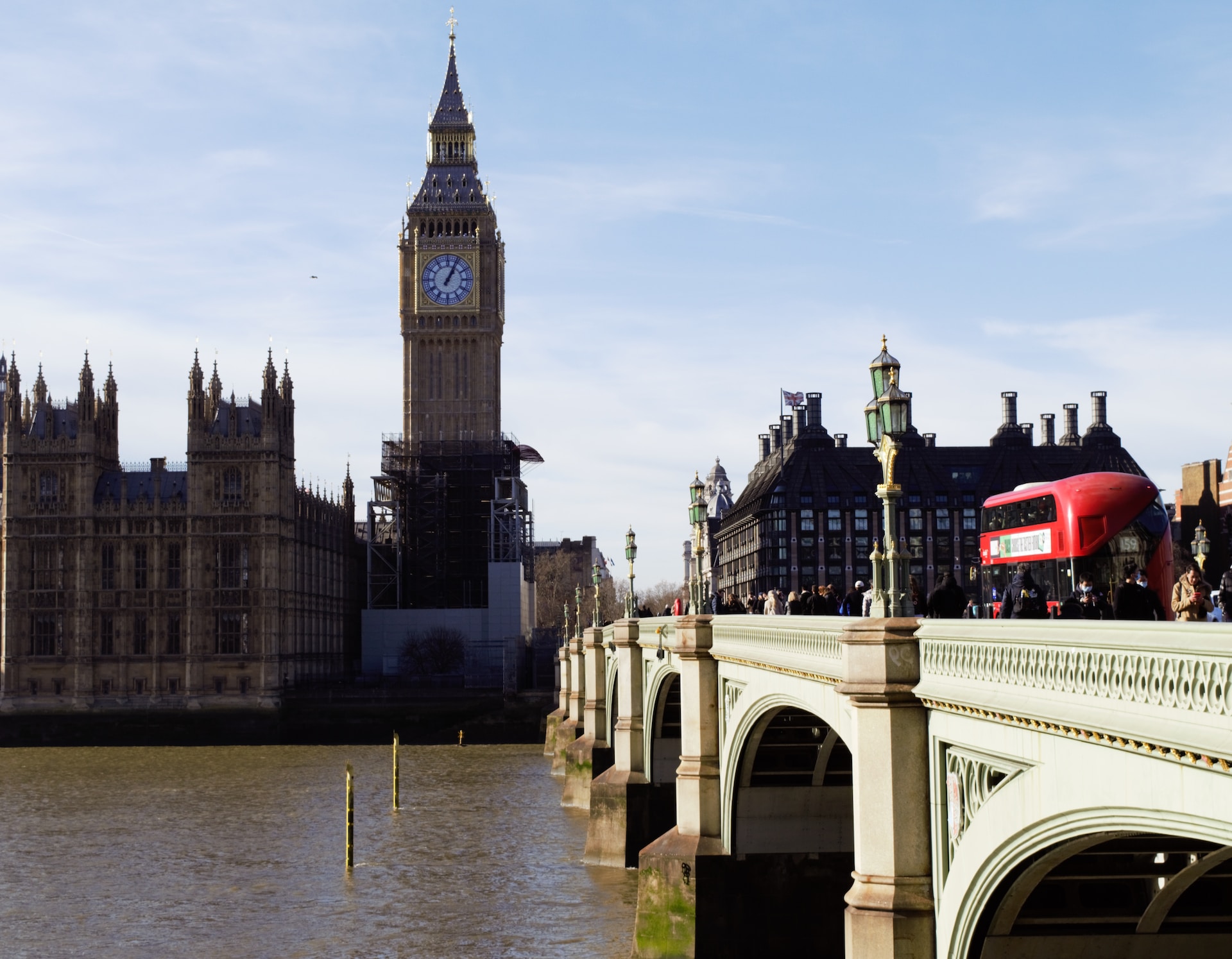From 1 October 2023 businesses must no longer supply, sell or offer certain single-use plastic items in England. The UK government has announced a ban on a wide range of plastic items, which will include:
- Online and over-the-counter sales and supply
- Items from new and existing stock
- All types of single-use plastic, including biodegradable, compostable and recycled
- Items wholly or partly made from plastic, including coating or lining
‘Single use’ means the item is meant to be used only once for its original purpose, and businesses could be fined if they continue to supply banned single-use plastics after 1 October.
What single-use plastic items are banned?
- Plates
- Bowls
- Trays
- Containers
- Cutlery
- Balloon sticks
There are some exemptions to the ban, depending on the item.
Plates, bowls and trays
You can still supply single-use plastic plates, bowls and trays if either of the following apply:
- You are supplying them to another business
- The items are packaging (pre-filled or filled at the point of sale)
Polystyrene food and drink containers
You can still supply food or drink in polystyrene containers if it needs further preparation before it is consumed, for example:
- Adding water
- Microwaving
- Toasting
Polystyrene means expanded and extruded polystyrene, and this includes polystyrene cups. In addition, there are no exemptions to the ban of Cutlery and Balloon Sticks.
Local authorities will carry out inspections to make sure the rules are being followed, and if you break the law, inspectors can order your business to cover the cost of the investigation.
Conclusion
Here at Lisa’s Law we suggest that businesses prepare in advance for the ban, for example, you can prepare your business for the new rules by using up existing stock before 1 October, exploring re-usable alternatives to single-use items, or considering different materials for single-use items.
If you have more questions regarding the law and running businesses in the UK, please feel free to inquire with us.
Or, you can call us on 020 7928 0276. Our phone lines are open and we will be taking calls from 9:30am to 6:00pm.
Email us on info@lisaslaw.co.uk.
Download our free app here:




























